SUNEETHA B.
Washington-based author Tania James, who hails from Kottayam, talks about her world of words
Tania James was brought up in Kentucky in the United States and is now a resident of Washington DC. But when this native of Kottayam chose to write fiction, Kerala figured a lot in her work. Following a Harvard degree in filmmaking and a Master of Fine Arts from Columbia, Tanya decided to become an author. Tania’s critically-acclaimed debut novel, Atlas Of Unknowns (2009) from Knopf gathered several honours including being short-listed for the DSC Prize for South Asian Literature. Her short-story collection, Aerogrammes and Other Stories (2012) from Random House India is already making waves. Right now, she is working on another novel. Excerpts from an e-mail interview…
The writing gene
No one in my family had the opportunity/luxury to pursue writing seriously. That said, I think the writing gene is very closely related to the reading gene, and my parents have always been great readers. My father could have had a particularly unique voice, as he’s always been interested in a broad array of writers, from Conan Doyle to Camus to Garcia Marquez, plus he has a wicked comic timing. My mother might be the best storyteller in the family. My older sister writes the loveliest letters (a lost art I think) and my younger sister used to write poetry and stories, before she went the medical route.
Penning Kerala
I approached Kerala the way I approach any setting and that is through the narrowed lens of my characters. There is an impulse – especially when writing about worlds with which I don’t feel completely familiar – to include every image and sound that fascinate me. But unless these images and sounds fascinate my characters, they feel extraneous somehow or obviously placed.
Arundhati Roy
The God Of Small Things was the first novel I read in which Malayalam words and place names appeared, and I can’t stress enough how strange and delightful it was, to glean all the layered meanings of her prose. Even without understanding these things, it’s an incredible book, and has a universal appeal.
Writing and publishing
The real ambition to be a writer arrived when I met, for the first time, a living, working writer. I was 16 then and had signed up to attend an arts camp of sorts. Our two teachers were African-American, relatively young and published writers. This was a revelation to me, seeing as how the only writers I’d read in school were (usually) male and white and often dead. In an odd and unspoken way, those two gave me the permission to start thinking about being a writer myself.
The path to getting an agent was probably the most difficult aspect. I sent out my work to a handful of agents, and some said yes and some said no. Somehow I managed to get my dream agent; later on, she didn’t tell me she was sending out my work to her editor friends.
But it was wonderful to hear that someone had made an offer. I got to celebrate without having had to suffer the anxiety of waiting to hear back.
The Malayalam connect
I can understand Malayalam well, and that’s it. Yet, I’veread O.V. Vijayan’s The Legend of Khasak, and enjoyed stories by M.T. Vasudevan Nair and Paul Zachariah in translation.
Literary fetes
I have been a regular at Jaipur for the last couple of years, and appreciates the regional as well as international focus, the discussion of politics and language (a broader focus than your usual American book festival), and the inclusion of truly exquisite musical performances. I’m thankful the DSC Prize exists. It’s still in its early days but necessary, especially with India’s growth in publishing, as well as the interest and reach of its readership. And they’ve picked some excellent books as their first two winners, H.M. Naqvi’s Homeboy and Shehan Karunatilaka’s Chinaman, which I’m reading right now.
In gratitude
I thank my high school English teacher, Annie Glosky, who introduced me to both William Faulkner and Toni Morrison, among other contemporary writers. I read stories in her class that, upon finishing, made me want to flip back to the beginning almost immediately, just to figure out how the author did what she did.
Family support
They (my husband included) are my first and last readers. Anyone willing to read your book in its hideous early draft phase, as well as the final version, is someone with great generosity and care for your well-being.
Inspiration
I don’t have any consistent inspiration; it varies according to whatever I’m working on. Yes, I’m inspired by coffee and tea. I make tea, I read the news and I sit down for six hours on a good day, with breaks in between.
Indian Diaspora writing
I don’t relate to Diaspora writing in a general sense, just because that label is a very broad one. I have friends who are Indian Diaspora writers, and I can certainly relate to some of the publishing aspects of their experience. Of course, there have been Indian writers who’ve had a strong impact on me at different times of life, like Bharati Mukherjee and Jhumpa Lahiri, but my response to their work was on a personal level that resonated more deeply than ties of ethnicity.










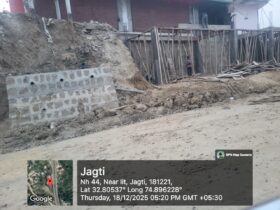
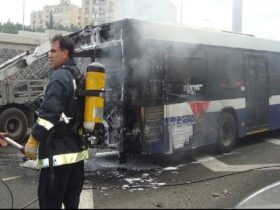
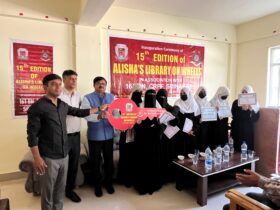
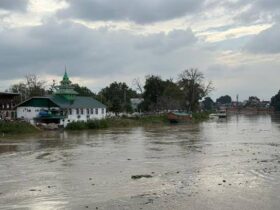
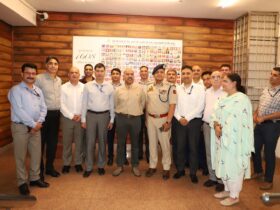
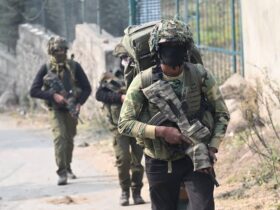
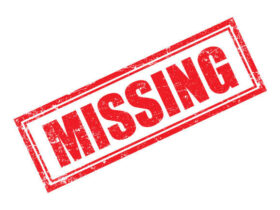
Leave a Reply